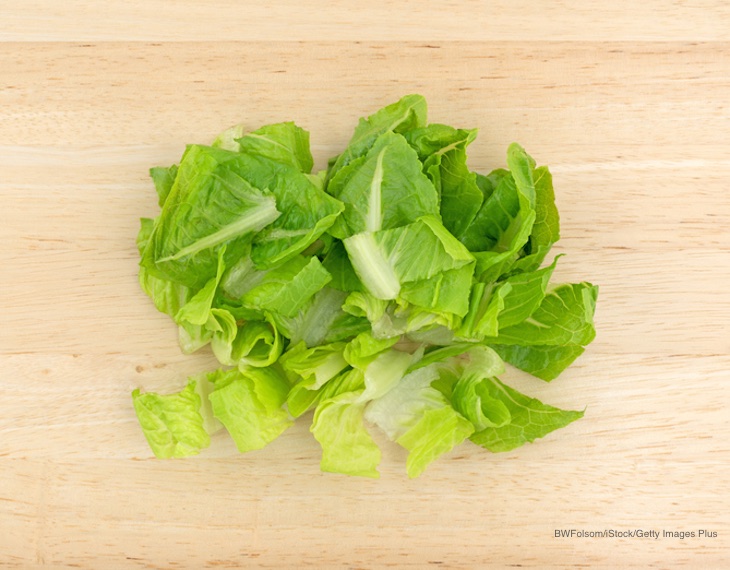Are After the deadly E. coli O157:H7 outbreaks linked to romaine lettuce in the past few years, many people have turned to hydroponic greens and aquaponic greens. Those plants are grown in water or recycled fish waste water instead of soil, indoors in greenhouses so they are not exposed to animal and bird waste, ground water, and irrigation water. But are aquaponic hydroponic greens safer? A new study finds there are risks.

The study was conducted by scientists at Purdue University and published in MDPI, a publisher of peer-reviewed, open access journals. It is The Occurrence of Shiga Toxin-Producing E. coli. in Aquaponic and Hydroponic Systems.
Hydroponic systems use water as the medium for growing the plants. Aquaponic systems use fish wastewater as both the water and nutrient source for plants.
Scientists collected fish feces, recirculating water, roots, and the edible portions of lettuce, tomato, and basil at harvest. These were tested for the presence of Shiga toxin-producing E. coli (STEC), Listeria Monocytogenes, and Salmonella species. Presumptive positive colonies were confirmed. STEC was found in fish feces, the water of both systems, and on the surface of lettuce roots, basil, and tomato.
The good news is that the contaminated water didn’t lead to the internalization of STEC into the roots, leaves, or fruits of plants. Listeria Monocytogenes and Salmonella were not present in any samples examined.
This means that there are potential food safety hazards for fresh produce grown in aquaponic and hydroponic production systems. Growers must be very careful when handling hydroponic products and during harvest to avoid contamination. The study’s authors emphasize that these plants are not unsafe, but they must be handled with care.
Researchers found that in the aquaponic system, the E. coli was likely introduced by the fish. Finding the E. coli bacteria in the hydroponic system suggests that the bacteria was introduced into the system accidentally.
The study shows that growers should not touch the roots or water during the growth cycle. Equipment must be properly sanitized, and workers should thoroughly wash their hands before touching the edible parts of the plants.




